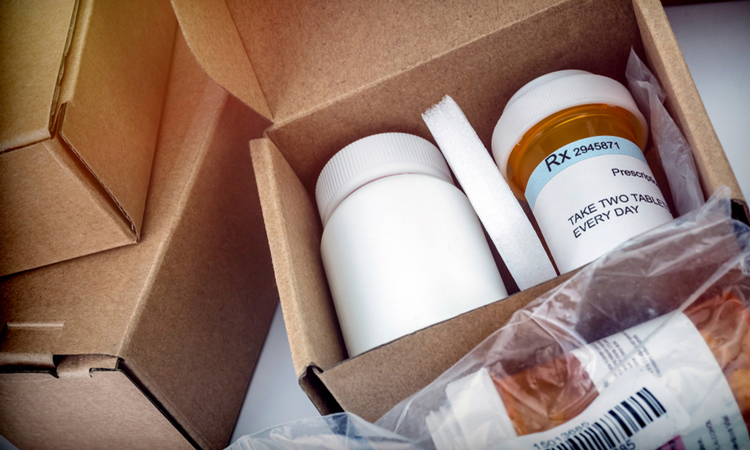In a rare moment of unity in American public opinion, a new poll is revealing something unexpected: a strong bipartisan consensus on the need to reinstate safety protocols for abortion drugs. This consensus is striking not only for its scale — with seven in ten likely voters supporting a return to basic safeguards — but also for its source. A majority of those voters identify as pro-choice.
What’s behind this convergence? In part, it’s the growing body of evidence pointing to the real and rising dangers of abortion drugs when distributed without medical oversight. And in part, it’s the deeply personal, deeply painful stories of women who have suffered — not just from the drugs themselves, but from how easily they can be weaponized.
Take the story of Catherine Herring, whose husband secretly ordered abortion drugs online and slipped them into her drinks to force a miscarriage. Or Liana Davis, whose hot chocolate was poisoned with the same intent.
These are not isolated incidents. They represent a terrifying loophole — one that was opened when the Biden administration removed the in-person dispensing requirement under the FDA’s Risk Evaluation and Mitigation Strategy (REMS). Once a drug that required physician supervision, mifepristone can now be ordered by mail, no questions asked.
The consequences are becoming increasingly visible. A recent report by the Ethics and Public Policy Center suggests the FDA is vastly underreporting adverse events tied to abortion pills. Their analysis shows complications such as sepsis, hemorrhaging, and serious infections may affect over one in ten women — far more than the agency has acknowledged.
Meanwhile, peer-reviewed research from the Charlotte Lozier Institute has thoroughly dismantled the persistent claim that the abortion pill is “safer than Tylenol,” a comparison now rendered dangerously misleading.
Yet the FDA has moved in the opposite direction, expanding access further by approving a new generic version of mifepristone. Pro-life groups, medical professionals, and lawmakers argue that this decision was made without proper scrutiny — and possibly in defiance of mounting safety concerns.
Even Health and Human Services Secretary Robert F. Kennedy Jr. has acknowledged that a major safety signal around abortion drugs was obscured in official data — a stunning admission that casts doubt on the process used to greenlight the generic version.
In response, a growing coalition is sounding the alarm. Attorney generals from 22 states — led by Alabama’s Steve Marshall — have denounced the FDA’s actions as “illegal and dangerous.” Senators, led by Lindsey Graham and Bill Cassidy, are demanding accountability from HHS and the FDA, urging them to halt the rollout and reinstate the protective measures that were discarded.
Meanwhile, grassroots organizations such as Live Action, Students for Life, and AAPLOG are pushing hard to ensure the government hears what voters are saying: do more to protect women.



